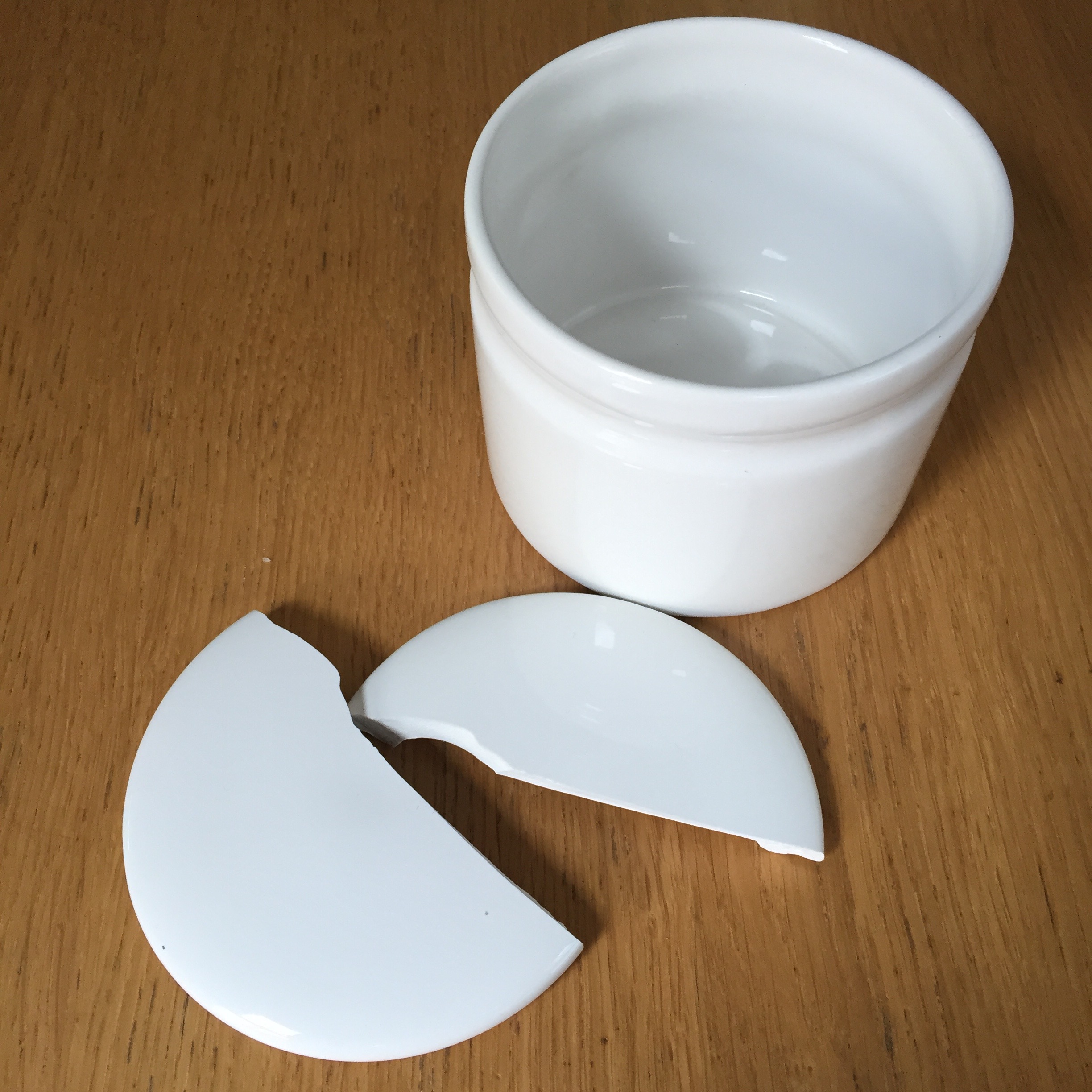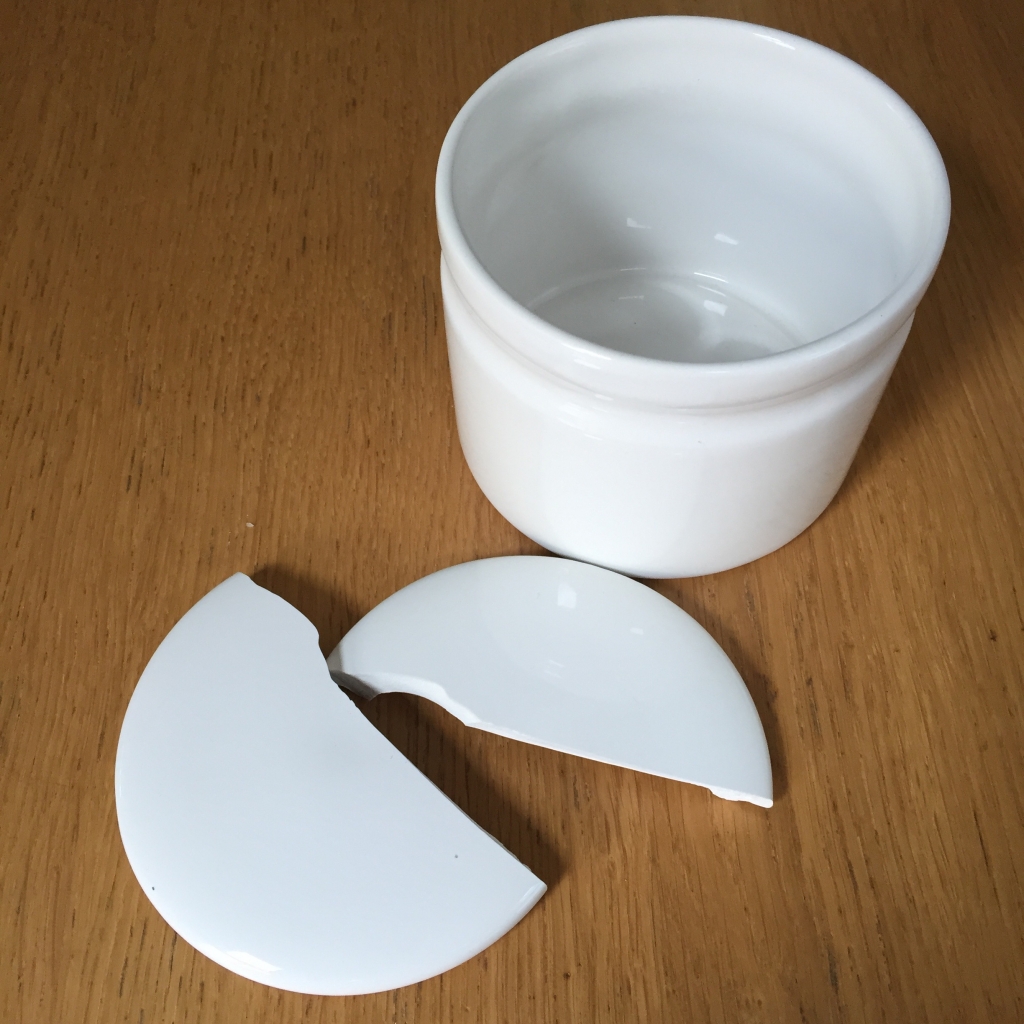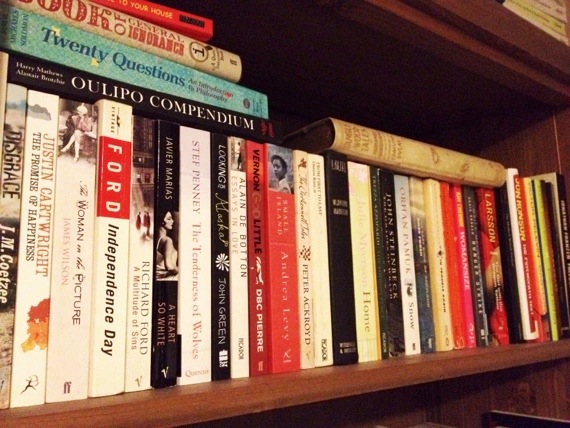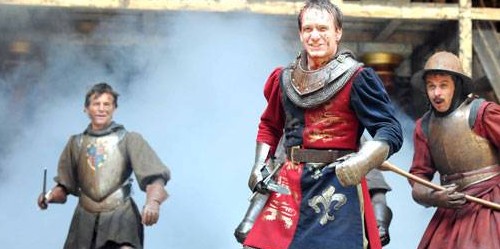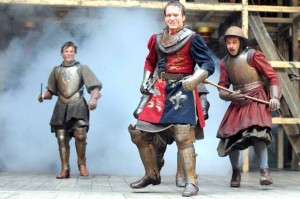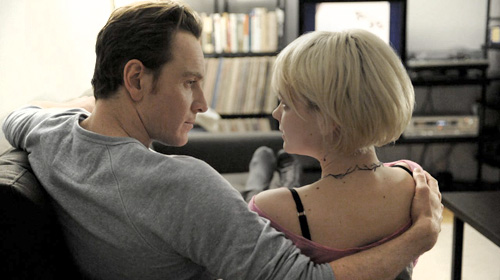Earlier this year we had a garden man come to assess the wall that was falling down, which if it did fall down, would let the ground that holds up our house fall away. We were less than keen on this happening.
“The problem really is that it has no foundations,” he said, “so we’ll need to dig down and cement some in. Or rebuild from scratch.”
(You can draw your own metaphors for this part of the conversation – it’s not the part I’m telling you about, because it’s really far too obvious. I mean, if you’re in need of a solid foundation gardening metaphor please go right ahead and take whatever you need from it, but just know that’s not where I was headed. If you want to call it a bonus, that’s good with me.)
So we dealt with the solid, practical aspect of stopping the earth drifting way and taking my kitchen with it, and moved on to the nebulous area of planting. I come adrift when it comes to planting. I realise that not all plants thrive in all situations (please, use this one too if you need it), and I’ve collated the relevant facts in my head, as I think a real gardener would: faces east, absolutely bugger all sunshine on that side, not ever, clay soil, very claggy, undulating lawn. And I have no idea what to do with these facts, because now I have to marry them to the very arbitrary likes and dislikes I have formed about the plant world, based on nothing more than whether I like looking at them.
Twelve years ago we rented a flat that had a little garden, and I threw myself into ‘gardening’. I went to garden centres and bought cordylines, and heucheras, and hostas, and watched, sadly, as, almost without exception, they died or were eaten.
Last year, our first in our new house, I limited myself to growing some tomatoes, mindful of this past history, and was overjoyed to find it worked. (Nature! Who knew?) We also built a deck, so we could sit out and drink wine and eat sausages. This also worked, not least in driving out the panic of ‘oh god why have we moved into this house because we can’t even fix it?’ days. A good sausage and a cool drink can do wonders.
But this year, I knew that if I spent the second summer in the garden without attempting to claim it in some way I’d not even have the solace of the deck. And so this is what the garden man said.
He said, “So what you can do is come with me to my nursery and we’ll walk around and look at things and you tell me what you like and I’ll tell you whether or not they’ll work in your garden. No money wasted, and no plants you don’t like.”
And I thought ‘this is the best service ever.’
And I thought ‘I do this with words, so maybe it doesn’t matter if I can’t do it with plants.’
It’s much better this way. I like the garden, and I like being in it, but I don’t want to be Monty Don. Mostly I want to look at pretty things and eat sausages. It’s the same with owning a car – nice to get from here to there, but I really don’t want to get into a boiler suit and take a wrench to it. This is why there are gardeners, and mechanics. They do these things because they’re interested in them, and they’re much better at retaining the specialist knowledge these jobs need, because they’re interested in them, and they have the attention to detail because they’re interested in them.
The way I grew up (fairly bloody poor), you did everything yourself, and absolutely did not pay someone to do things, because that would be a waste of money that could otherwise have bought tins of soup and electricity. Now we’re in the halfway house of having some spare cash, but not mountains of it, the idea of using some of it to get things done, by someone who knows what they’re doing already, is appealing but still feels uncomfortable. Is it a betrayal of our past? Is it profligate? Is it lazy?
In the end we did it. The house falling down thing swung it, to be fair. They came in and built a wall, and some steps, and dug out flower beds, and built a new shed, and we went and bought plants, and it was, if not the miracle experience I expected, much better than bumbling about for months trying to do it myself. And even better, because we simply did not have the money to fill the entire garden with plants I have space to gradually add to it for the next however many years. I do not feel in the slightest bit guilty or lazy for having had help.
I don’t need to be an expert in everything, or even want to do everything. I just need to do the things I’m interested in.
